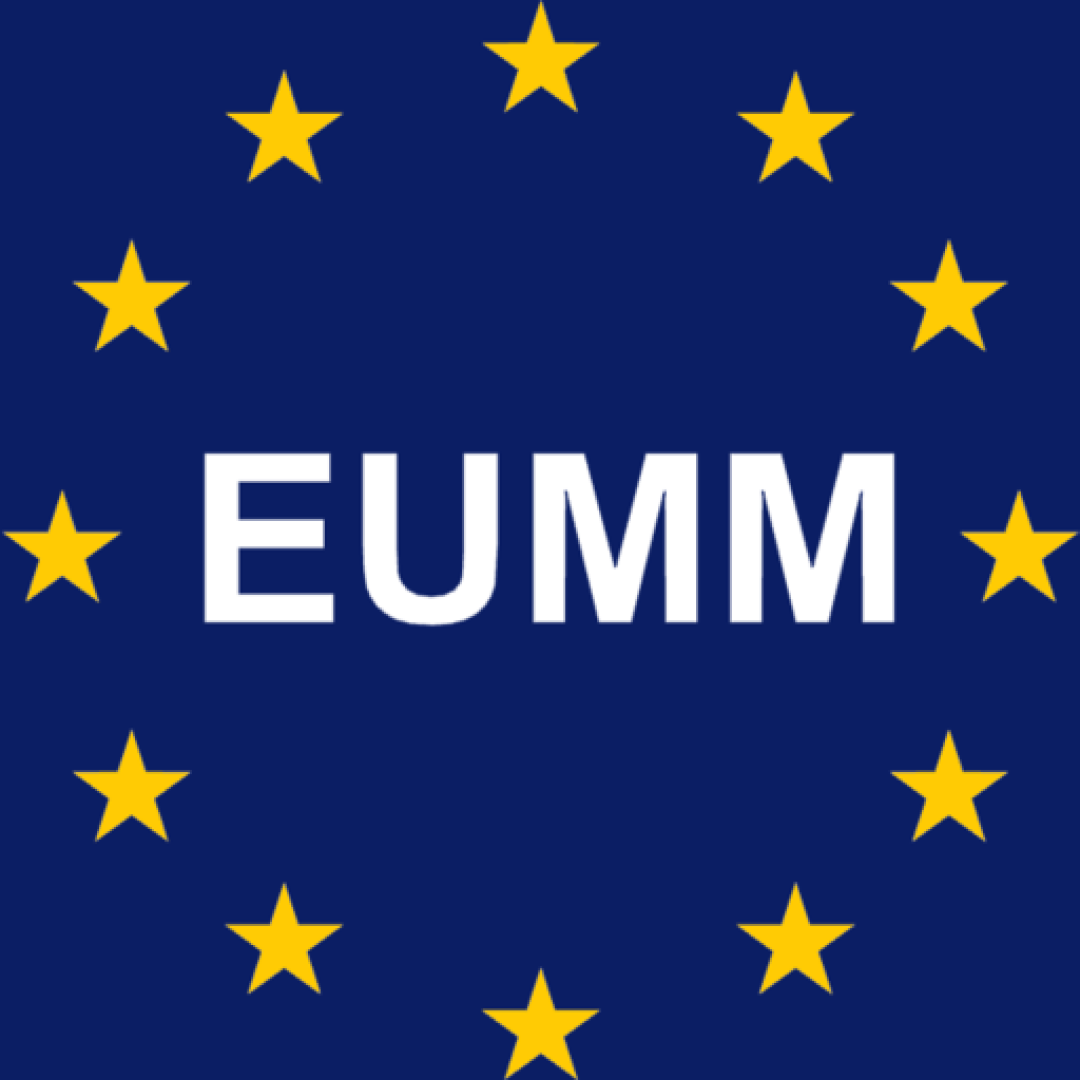
EU Monitoring Mission publishes report on the situation on the Administrative Boundary Line between Georgia and Tskhinvali

On 16 September, the EU Monitoring Mission (EUMM) published its report on the situation on the de-facto border between Georgia and Tskhinvali (South Ossetia), reported agenda.ge.
The report stated that as of January 2019 markings on trees were noted in the area between Tsnelisi (Kareli municipality of Georgia under the Russian control) and Chorchana (Khashuri municipality of Georgia, Tbilisi-administered territory). The mission assessed those markings as a feature of borderisation, but no actor has claimed responsibility for these markings.
The report continues stating that between 20 and 24 August a new Georgian observation post was established on the outskirts of the village of Tsnelisi, which is located 240 metres away from the Administrative Boundary Line. As a reaction to the post, the de-facto Tskhinvali authorities established new positions and installed a number of borderisation features, including ‘green signs’ and flags on the Tbilisi-administered territory.
The report noted that since 29 August, 4 technical meetings within the Incident Prevention and Response Mechanism (IPRM) were conducted in order to defuse tensions and to identify possible concrete solutions for a more permanent de-escalation of the conflict but did not bear any results.
Finally, the report concluded that since 4 September the two crossing points at Tskhinvali Administrative Boundary Line, Odzisi and Sinaguri, remained closed. The report stated that no concrete indication has been given as to when those crossing points could be reopened, as the de-facto Tskhinvali authorities linked the closures to the ongoing developments in the Chorchana-Tsnelisi area (Caucasus Watch reported).
The EUMM is an unarmed civilian monitoring mission deployed in September 2008 following the EU-mediated Six Point Agreement which ended the August war between Georgia and Russia. The tasks of the EUMM are: to ensure that there is no return to hostilities; to facilitate the resumption of a safe and normal life for the local communities living on both sides of the Administrative Boundary Lines with Abkhazia and Tskhinvali; to build confidence among the conflict parties; and to inform on EU policy in Georgia and the wider region. The EUMM is conducting their monitoring activities only within the de-facto controlled territories of Georgia, as the Abkhazian and Tskhinvali de-facto authorities deny them access to the territories were they exercise their de-facto control.
See Also


Armenia Records 5.9% GDP Growth in 2024, Missing 7% Goal

Yerevan Balances Strategic Ties with Both US and Russia, Says Foreign Minister

FM Mirzoyan: Peace Deal with Azerbaijan Is Within Reach

Pashinyan and Erdogan Hold Call, Reaffirm Commitment to Ongoing Dialogue

